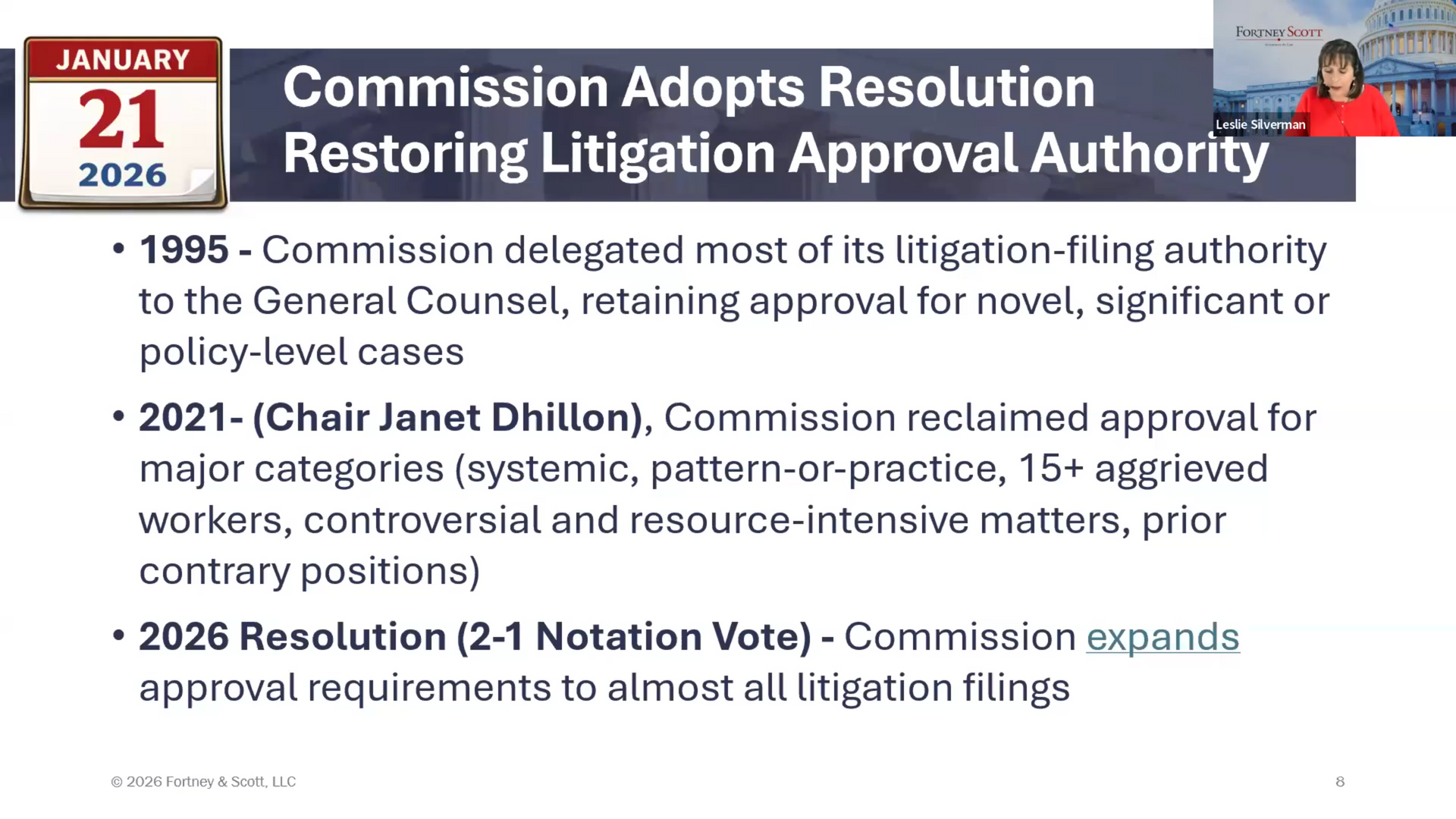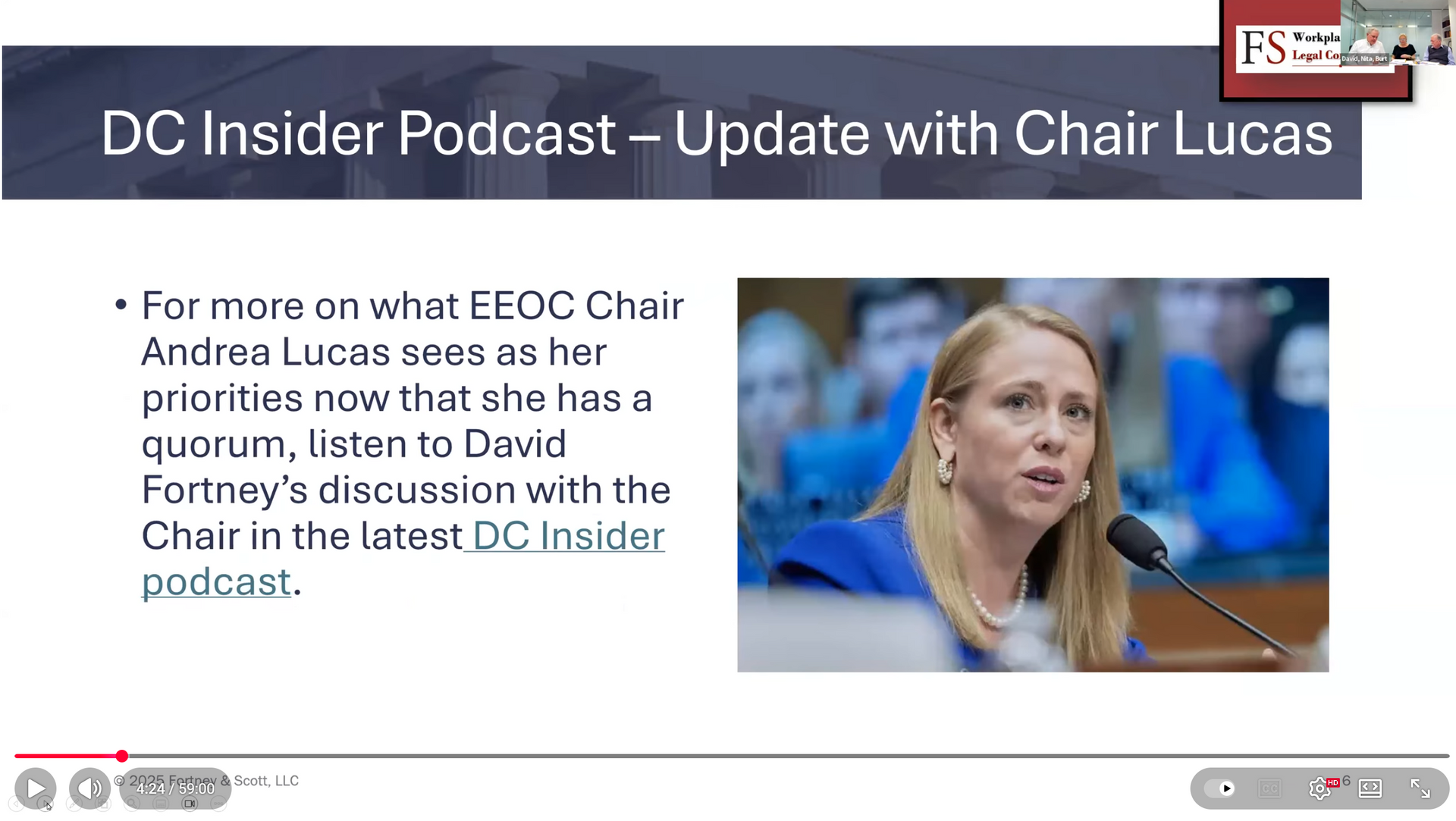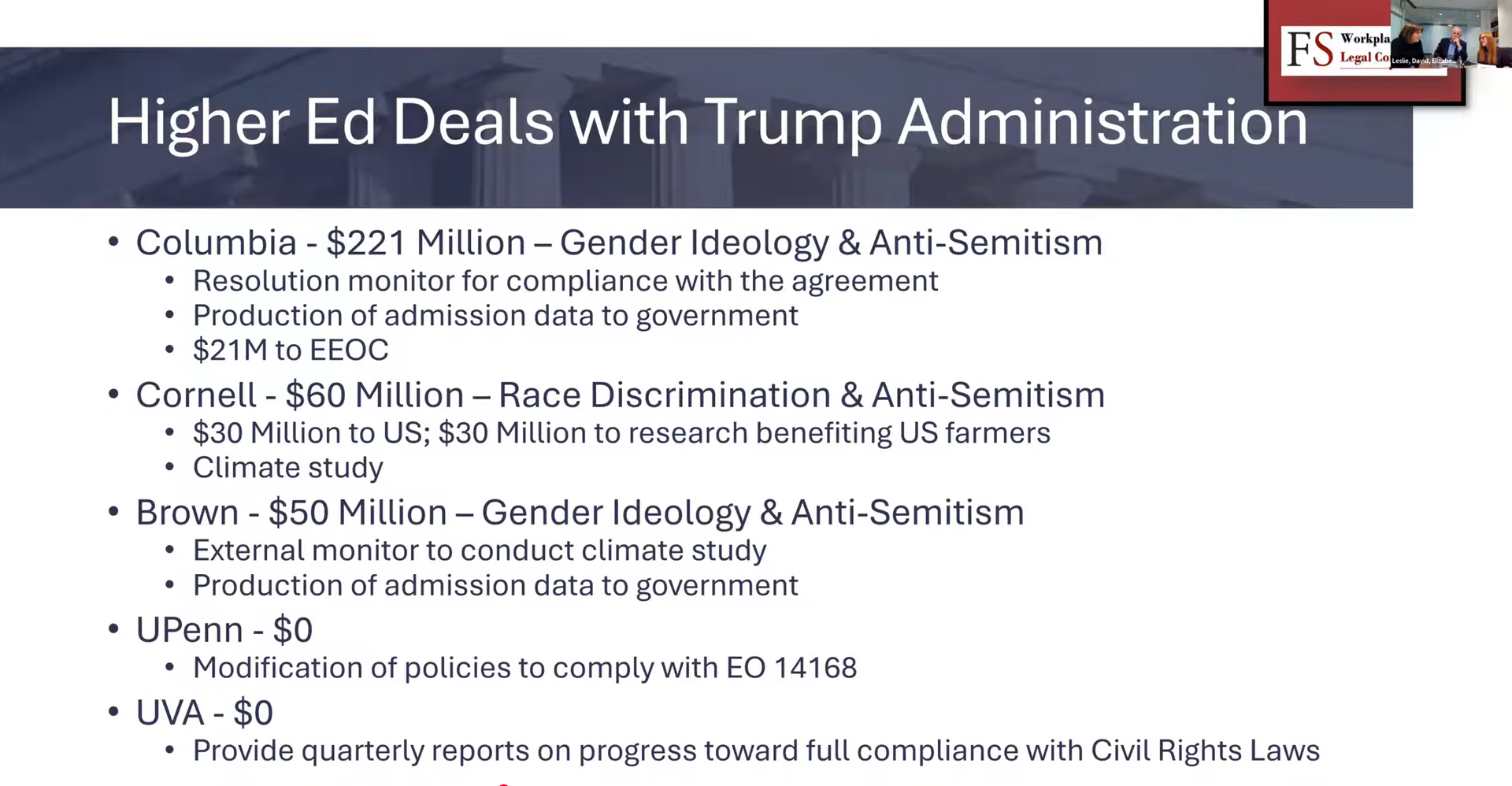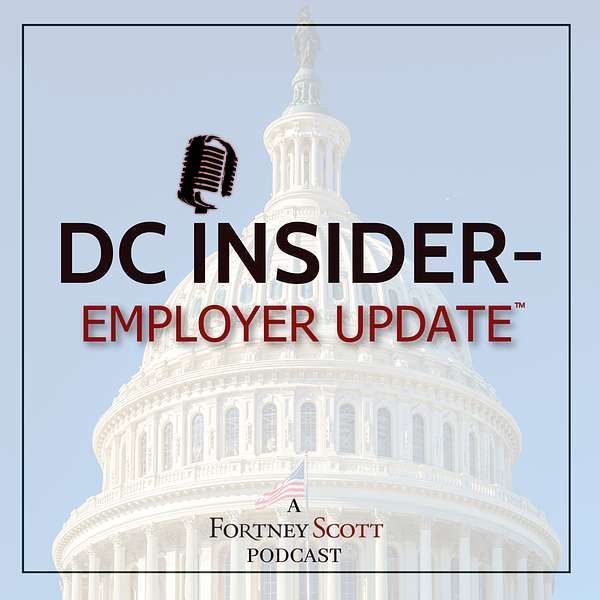New Independent Contractor Rule Raises Issues of Compliance and Enforcement
On January 9, 2024, the Department of Labor’s Wage and Hour Administration (“W&H”) issued its long-awaited final regulation, “Employee or Independent Contractor Classification Under the Fair Labor Standards Act.”
According to the new rule, the determination of whether a worker is an employee or independent contractor focuses on whether the worker is either economically dependent on an employer for work or in business for his or herself. The new rule uses seven factors to help make that determination. This reverses the prior rule which had focused on two factors—whether there was direct control over someone’s work and whether the worker had an opportunity for profit and loss, with the other factors reduced to secondary considerations. With the new rule, all factors will be weighed equally under a
totality of circumstances
analysis, which, inevitably, creates ambiguity and uncertainty for all parties involved.
The economic factors of the new rule are:
1. Opportunity for profit or loss depending on managerial skill
2. Investments by worker and the potential employer
3. Degree of permanence of work relationship
4. Nature and degree of control
5. Extent to which work performed is integral to employer’s business
6. Skill and initiative
7. Additional factors (if they in some way indicate whether worker was in business for self or economically dependent on employer for work).
The new rule will have a huge impact on the economy, particularly with respect to construction, trucking, health care, and the entire “gig economy,” which appears to be a target of the regulation.
Certain factors, such as the nature and degree of control and whether a worker is “integral” to a business, are already raising concerns. The W&H explanation of the control factor, for example, states that even reserved control – that is, for example, a contractual right to oversee or supervise work – even if never used – can be an indicator of employee status. Similar ambiguity surrounds the classification of a temporary worker with particular skills hired for a short-term project that is part of a business’ normal activity. Is such a worker now considered an employee or do the other factors outweigh that determination? Future guidance or enforcement may clarify those questions.
The regulation becomes final on March 11, 2024. This regulation does not displace other federal regulations on the same subject, nor does it affect the numerous state and municipal worker classification laws that have been enacted in the past few years.
Lawsuits have already been filed and a judicial battle royale, well-funded by gig companies, is certain to ensue.
For additional insights from FortneyScott specialists into this broad and complicated regulation, listen to our recent podcast episode on the new rule: DC Insider—Employer Update.
















